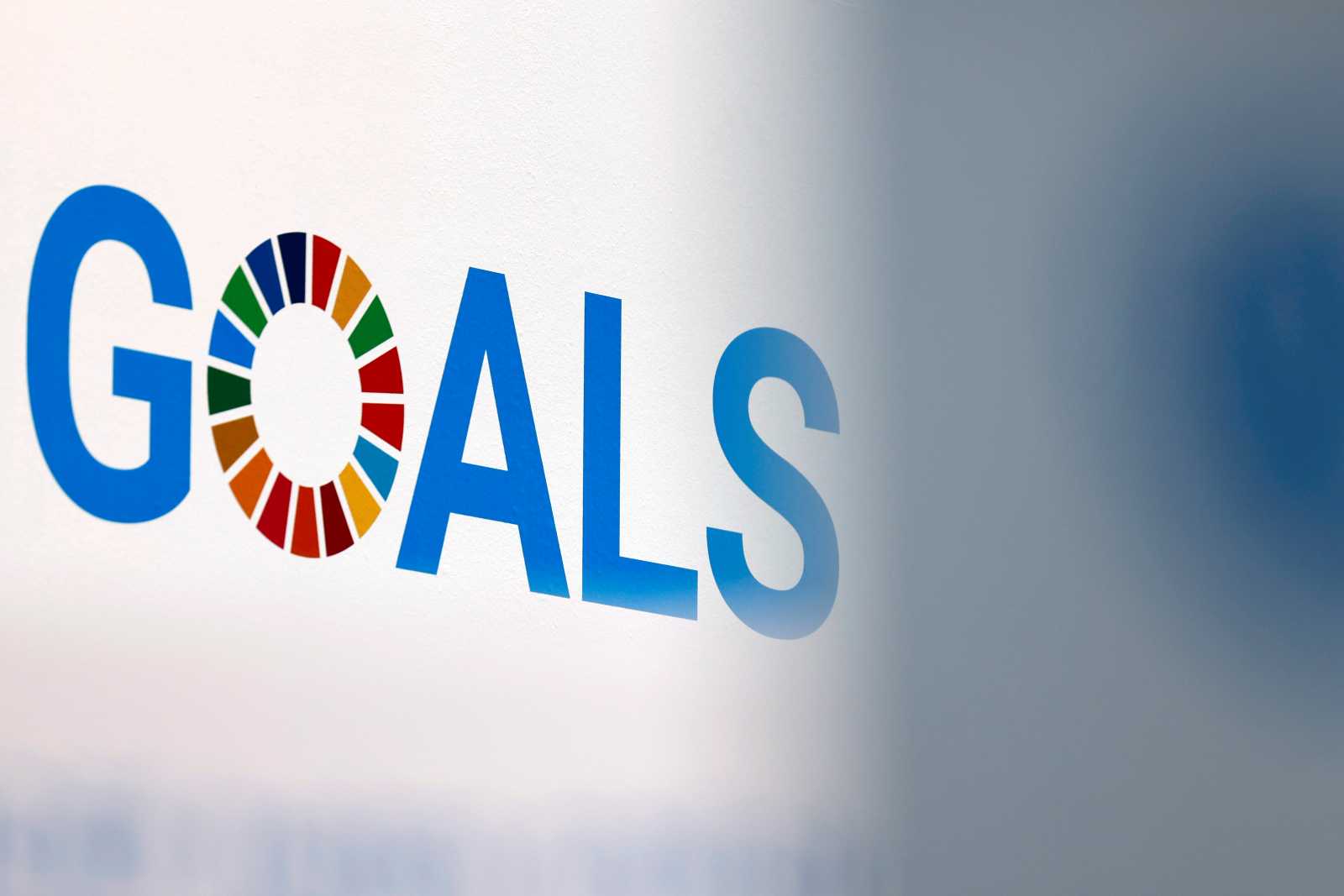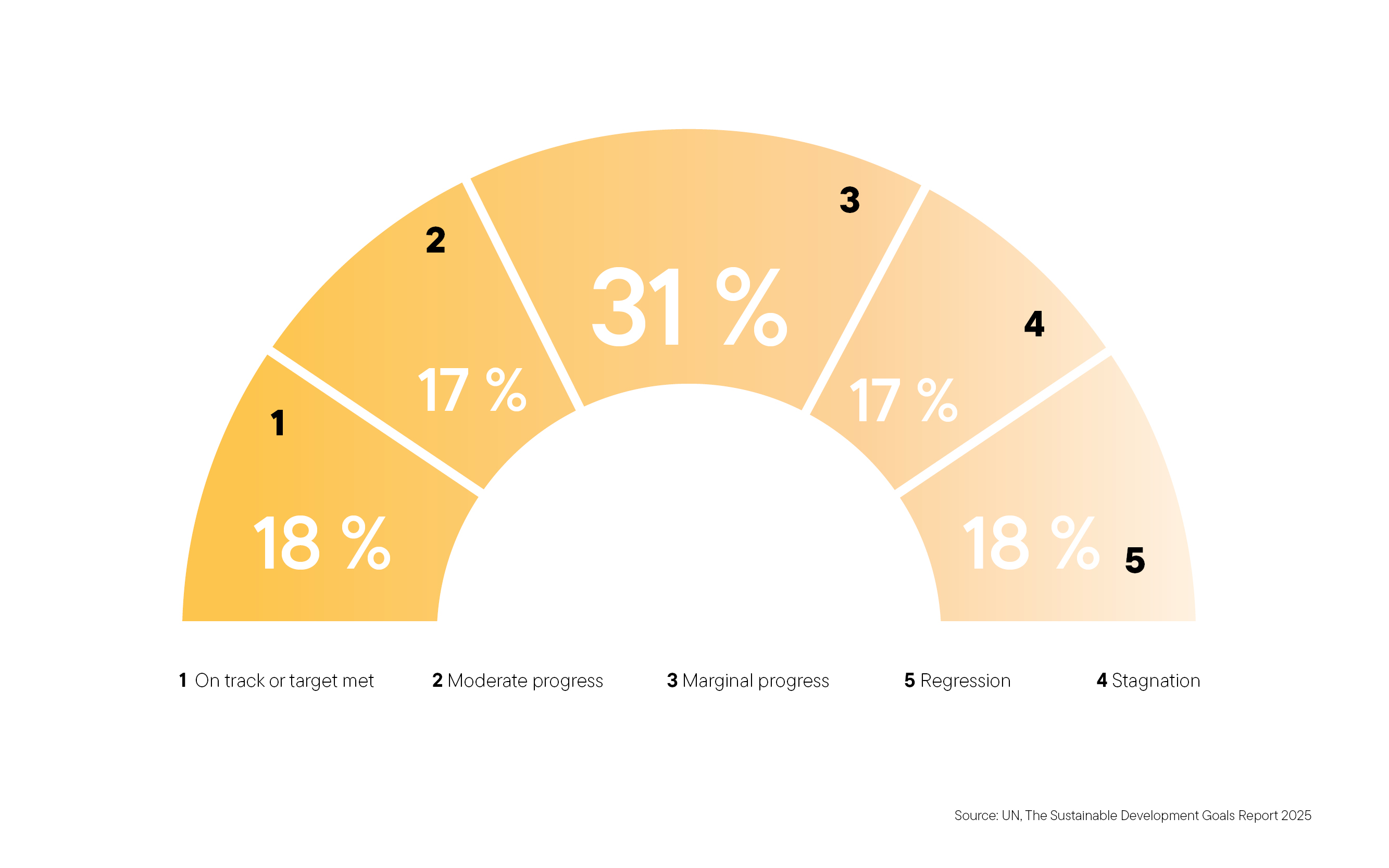Controversial MDGs
Wi(e)der die Armut? Positionen zu den
Millenniumszielen der Vereinten Nationen [Again(st) poverty? Comments on the United Nations Millennium Goals].
VAS-Verlag, Frankfurt/Main 2006, 219 p.,
14.80 Euro, ISBN 978-3-88864-413-9
The appeal of this collection of essays, which originated as a lecture series at the University of Lüneburg, lies in the writers’ contrasting views of the Millennium Development Goals. Jens Martens sees the goals as a minimum consensus with serious limitations, but because of their political impact, they mean progress nonetheless. German Development Minister Heidemarie Wieczorek-Zeul points out that the goals are only one aspect of the more comprehensive Millennium Declaration, with which her ministry aligns its activities. For Wolfgang Sachs the Millennium Goals are a rejection of the idea that growth is tantamount to development, and a step in the direction of international social policy. However, in his opinion, their perception of the poor as people in need rather than people with legitimate rights, puts them out of step with the rights-based approach in the development debate. Like other authors, Sachs criticises the goals’ disregard for the North’s responsibilities, particularly with respect to the transition to an environmentally-sustainable development model. (bl)







